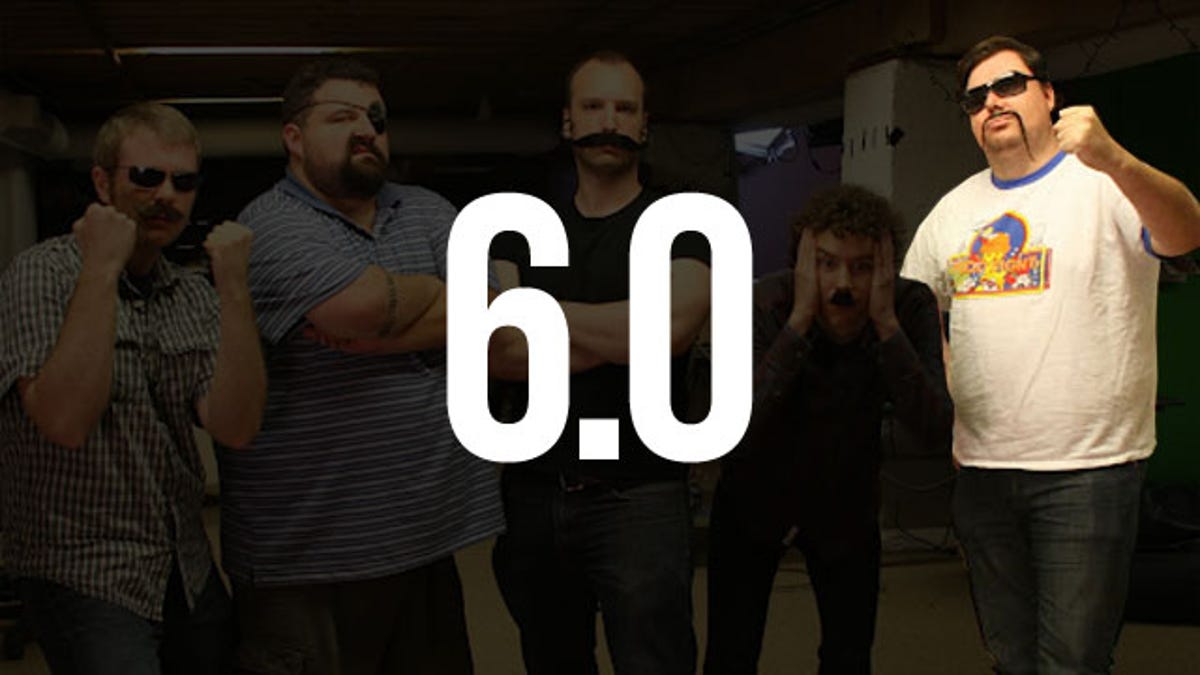THIS.
I think a lot of people in the gaming community have this idea that reviewers and games journalists are on the take, and that they're getting paid directly by the developers are publishers. The primary way game companies influence reviews and coverage is through access and advertising (mostly for large sites). And even big sites that could conceivably weather a "blacklist" from a major publisher or the loss of a single ad campaign (hello, Defy Media) choose to bend the knee (it always puzzled me that the gaming news site that seemed to get the most blacklists, freeze outs and cold shoulders from publishers was the one that recieved the most hatred online, but I suppose that's a different subject for another time). And when the publishers make their power play, the reviewer or journalist is in a tough position -- you follow ownership's decision to attend the "review event" and have Activision brass breathing down your neck, or remove a reviewer from an assignment, or deleted references to microtransactions, etc. or.... resign. That's a tough call to make, especially for aspiring games journalist who finally is getting paid to review games and doesn't want to lose their dream job.
All of this has a corrosive effect on the *entire* games industry, not just games journalism and criticism. Many games get higher scores than they probably deserve. Game companies flout those high scores and glowing reviews in their marketing. Publishers begin to put more stock in the idea that higher MC scores lead to higher sales (and not without some data to back that belief up), and ultimately they decided to 1) start tying developer compensation/bonuses to MC scores, and 2) rooting out any *average* or even sorta *good* reviews in the quest to 85 or above, and if they have to throw their weight around to pressure outlets to give them the most positive reviews and coverage possible, then they do it. I mean, why does Metacritic have an exclusive scoring system for games that's different from movies, TV and everything else? Why do games score tend to skew so much higher on average?
And while this is going on, some of the streamers and YouTubers who were being held up as paragons of virtue for games media WERE in fact taking money directly from publishers for positive coverage (hello, WB and Shadows of Mordor) and those episodes passed like farts in the wind (note: this is not an indictment of all streamers, there's obviously a lot of great ones with integrity like Sterling). It's really fucking amazing.
P.S. And 09Philj is correct, this problem is definitely NOT exclusive to the games industry, though I'd argue that in addition to being the most visible, it's also the most corrosive. I moved on from games journalism long ago, but I still run into similar situations in tech media. I recently had a company we were covering tell me straight up that if we decided to move forward with a story about them (that wasn't really negative, but whatever) then they would drop a major project with the business side of my company, and they CC'd some of my company's executives on the threat. We ran the story, and I'm still there, so yay for me, I won...but I'm pretty sure, given the brazenness of the threats made, that 1) the company had done this kind of thing before to other reporters/outlets, and 2) it had worked. So they were conditioned to try again, and that's basically the world we live in as journalists. There's always someone out there who's going to pressure and threaten you over your work, and if your employer doesn't back you, then you're left with two choices: swallow the shit, or walk.


